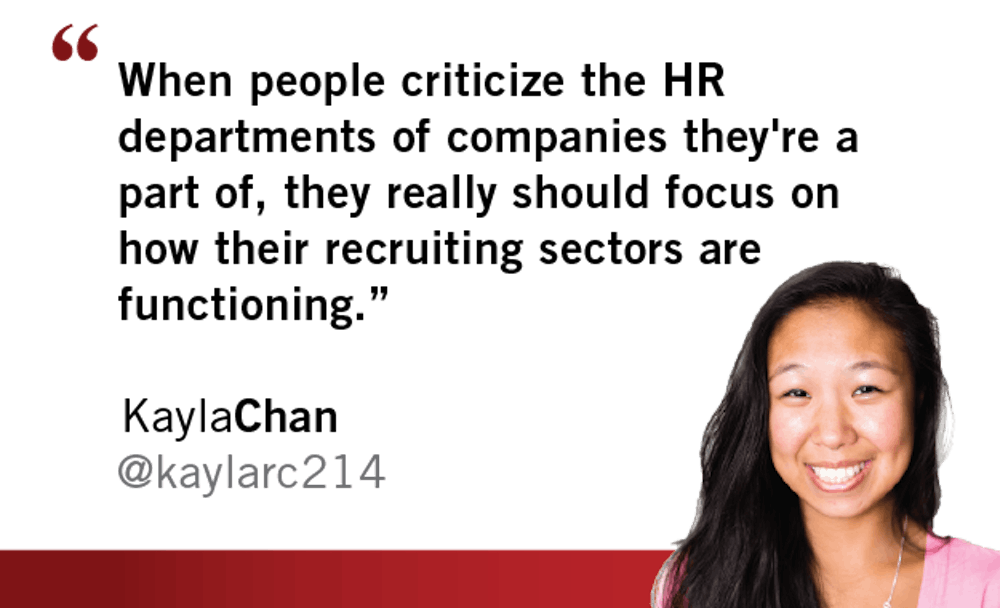Some say that the most important part of a company is its people. In reality, the most important part of a company is the small group that brings those people in. Human Resource departments are not just the people who do the hiring, despite often getting criticized for being all fluff and no stuff.
Most critics are simply unappreciative of what human resources should really represent and stand for; that is, finding the right personalities, packaged with either the desired skills or potential to learn them. Often the bigger problem with HR departments, that many people don’t see, is that the difficulty lies in the appropriations of responsibility since HR is much more than just the people who hire new employees.
When you think of HR, two things usually come to mind: hiring employees and making sure that they stay happy. The people that do the hiring, often known as the recruiters or talent management, are often just one small branch of an HR department. While many higher-ups still do not think that their HR departments are being successful, the real problem is that the talent management division of a company is often not supported as much as they need to be. They are responsible for not only finding technically qualified individuals, but assessing whether they are the right fit culturally and personality wise.
“HR places a disturbingly high premium on what it calls 'communication skills' and what you and I call ‘talking.’ A survey found that 83 percent of HR professionals cited training in communication skills (they spent their college years in Watercooler 101?) as important to getting a job in the field, while only 2 percent cited the importance of classes in finance,” Kyle Smith wrote in a recent article for Forbes.
Even though it may seem like the individuals who are currently in HR departments don’t seem to know as much about business as Smith thinks they should, his statistic explains why there are often problems with people in HR departments. They are doing jobs that they are not meant to be doing and when it comes to hiring people, the best way to do so is to talk with them and understand what type of employee they might be.
The business side to HR departments is of course important, but it isn’t as important as the recruiters and talent managers. The more appropriate a person is for a company, the easier their HR process should be; which includes being hired, on-boarded and starting daily tasks. This is emphasized by Ram Charan for the Harvard Business Review when he writes, “They are focused on internal matters such as engagement, empowerment, and managing cultural issues. What they can’t do very well is relate HR to real-world business needs.” The key is that is exactly what they should and shouldn’t be doing.
If companies are having serious problems with employee turnover rates as well as HR, maybe it isn’t “Time For Companies To Fire Their Human Resource Departments” but time for them to restructure them instead. Neither a recruiter looking through technical skills sets nor a communications graduate assessing how well a person can “talk” should be the reason for a person being hired. Instead, collaborative decisions would solve all the qualms Smith seems to have.
Reach the columnist at Kayla.Chan@asu.edu or follow @KaylaRC2014 on Twitter.
Like The State Press on Facebook and follow @statepress on Twitter.
Editor’s note: The opinions presented in this column are the author’s and do not imply any endorsement from The State Press or its editors.
Want to join the conversation? Send an email to opiniondesk.statepress@gmail.com. Keep letters under 300 words and be sure to include your university affiliation. Anonymity will not be granted.





